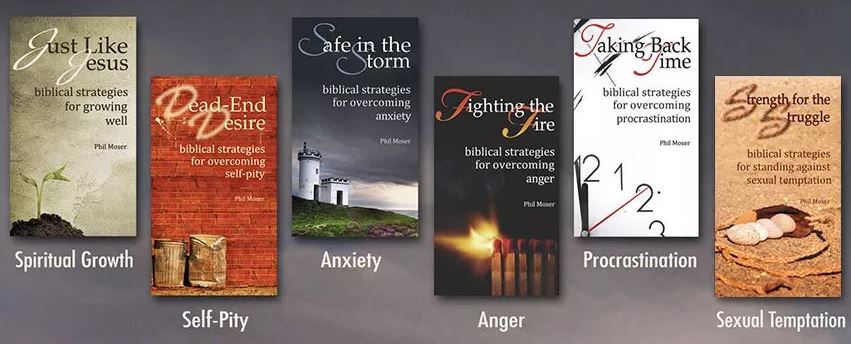 Acts of kindness are not only good for the other person, we’re learning that they are also good for you. In Raising Happiness: In Pursuit of Joyful Kids and Happier Parents Christine Carter writes, “People who volunteer tend to experience fewer aches and pains. Giving help to others protects overall health twice as much as aspirin protects against heart disease.” Dr. David R. Hamilton confirms this, He writes, “Acts of kindness release a hormone known as oxytocin. Oxytocin, known as the “cardioprotective” hormone, causes the release of a chemical called nitric oxide, which dilates the blood vessels, reduces blood pressure, and protects the heart.”
Acts of kindness are not only good for the other person, we’re learning that they are also good for you. In Raising Happiness: In Pursuit of Joyful Kids and Happier Parents Christine Carter writes, “People who volunteer tend to experience fewer aches and pains. Giving help to others protects overall health twice as much as aspirin protects against heart disease.” Dr. David R. Hamilton confirms this, He writes, “Acts of kindness release a hormone known as oxytocin. Oxytocin, known as the “cardioprotective” hormone, causes the release of a chemical called nitric oxide, which dilates the blood vessels, reduces blood pressure, and protects the heart.”
While being kind to others has personal health benefits, it has spiritual implications as well. When we’re sinned against, kindness keeps us from sinning in return. The apostle Paul offers it as an alternative response to the angry person. He writes,
Let all bitterness and wrath and anger and clamor and slander be put away from you, along with all malice. Be kind to one another, tenderhearted, forgiving one another, as God in Christ forgave you (Eph. 4:31-32).
Kindness is both an attitude and an action.
When we hear the word kindness, chances are a name comes to mind — perhaps a parent, sibling, teacher, or friend. They were gentle with the harsh, and patient with anxious. But kindness is more than an attitude. The Bible clarifies this truth by adding acts of kindness to the definition. The Greek scholar W.E. Vine points out the nuance of this meaning. He says, “[Kindess is] not merely goodness as a quality, rather it is goodness in action, goodness expressing itself in deeds […] but with grace and tenderness and compassion.”
Kindness shows mercy on the underserving.
There’s an Old Testament story that demonstrates the close relationship that mercy has with kindness. King David was from the tribe Judah. His predecessor, King Saul, was from the tribe of Benjamin. Both lived over 3,000 years ago. In the ancient middle-east, a monarchy was a family thing. Leaders were not elected officials. The scepter would pass from father to son. When a new prince would take the headship, it was not unusual for him to execute any potential rivals to the throne. King Saul would have preferred that the throne would pass to his son, Jonathan. But God had different plans. Due to Saul’s disobedience, God tore the kingship from Saul and gave it to David (1 Sam. 15:28). While David’s kingdom was ordained by God, any potential heir from Saul’s line would still poise a political threat to the new king. But David’s reign wouldn’t be marked by a self-protective spirit, but one of kindness to Saul’s heirs. One of his first acts as king was to protect Saul’s line, not end it.
And David said, “Is there still anyone left of the house of Saul, that I may show him kindness for Jonathan’s sake?” Now there was a servant of the house of Saul whose name was Ziba, and they called him to David. […] And the king said, “Is there not still someone of the house of Saul, that I may show the kindness of God to him?” Ziba said to the king, “There is still a son of Jonathan; he is crippled in his feet.” […] And Mephibosheth the son of Jonathan, son of Saul, came to David and fell on his face and paid homage. And David said, “Mephibosheth!” And he answered, “Behold, I am your servant.” And David said to him, “Do not fear, for I will show you kindness for the sake of your father Jonathan, and I will restore to you all the land of Saul your father, and you shall eat at my table always” (2 Sam. 9:1-7) [emphasis added].
It appears David showed Mephibosheth kindness not in spite of his condition, but because of his condition. The young man would have been in imminent danger as a political outcast. As a 10th-century BC paraplegic, he would have been fully dependent on others. David saw his condition and chose to show mercy. He even referenced such mercy as “the kindness of God.”
Leeland, the 15-year-old songwriter saw the David/Mephibosheth story as a metaphor for our relationship with God. He penned his lyrics:
Wounded and forsaken, I was shattered by the fall
Broken and forgotten, feeling lost and all alone
Summoned by the King, into the Master’s courts
Lifted by the Savior, and cradled in His arms
I was carried to the table, seated where I don’t belong
Carried to the table, swept away by His love
And I don’t see my brokenness anymore
When I’m seated at the table of the Lord
I’m carried to the table, the table of the Lord.
Fighting thoughts of fear, and wondering why He called my name
Am I good enough to share this cup, this world has left me lame
Even in my weakness, the Savior called my name
In His Holy presence, I’m healed and unashamed
You carried me, my God. You carried me.
God, in his mercy, has shown us great kindness. To strengthen our relationships with others, we would do well to do the same.
Biblical Strategies resources are written by Phil Moser. The are available through biblicalstragies.com and at Amazon. Select either of the links to learn more.


